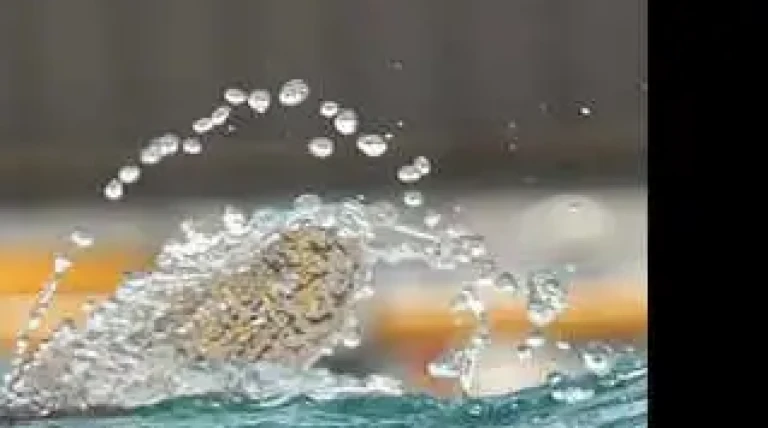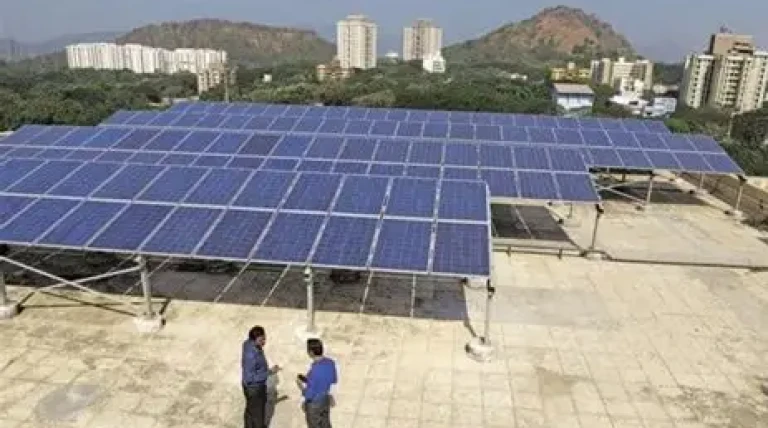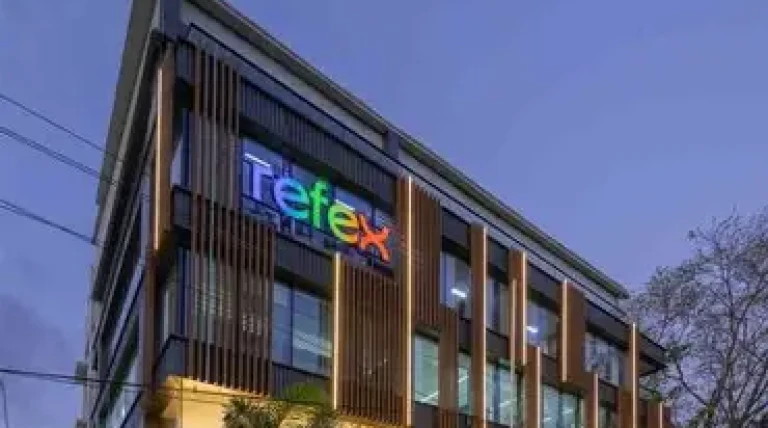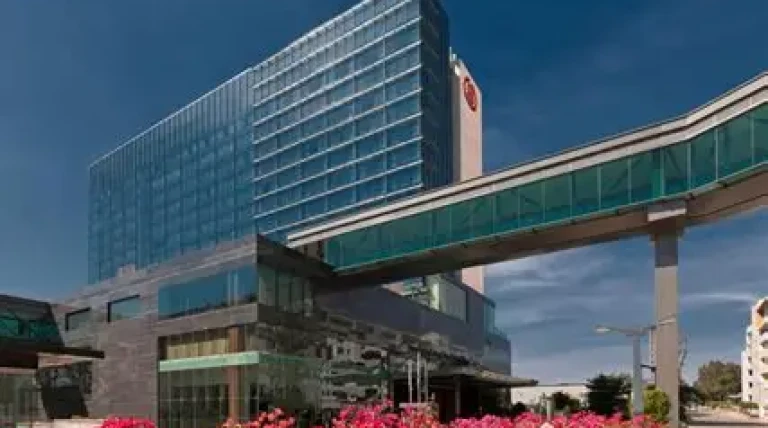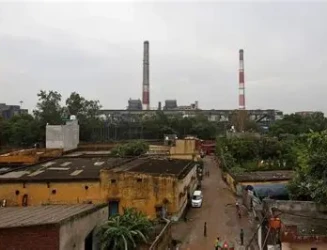The Delhi Jal Board (DJB) has approved the construction of 15 new decentralised sewage treatment plants (DSTPs) in North Delhi, targeting areas such as Narela, Bawana, and Mundka.
These DSTPs will collectively treat 39 million gallons of wastewater per day (MGD), directly benefiting around 1.2 million residents across 59 unauthorised colony clusters and 37 villages. The ₹1,965 crore project is part of a broader sewage infrastructure expansion, which includes laying 785 km of new sewage lines to curb the flow of untreated wastewater into local drains and the Yamuna River.
Each DSTP is designed to serve multiple nearby colonies and villages, significantly improving local sewage management while also enabling water reuse for horticulture and industrial applications.
Currently, Delhi’s 37 existing sewage treatment plants have a combined capacity of 667 MGD, yet approximately 23% of the city's wastewater remains untreated. This initiative aims to bridge that gap, contributing to improved groundwater recharge and reduced environmental pollution.
The project also complements larger efforts to clean the Yamuna, including the upcoming commissioning of the city's largest STP at Okhla, further aligning with Delhi’s long-term sustainable urban development goals.
News by Rahul Yelligetti.
![{[setting('site_name')]}](https://www.projxnews.com/uploads/setting/16983847711140531930.webp)
